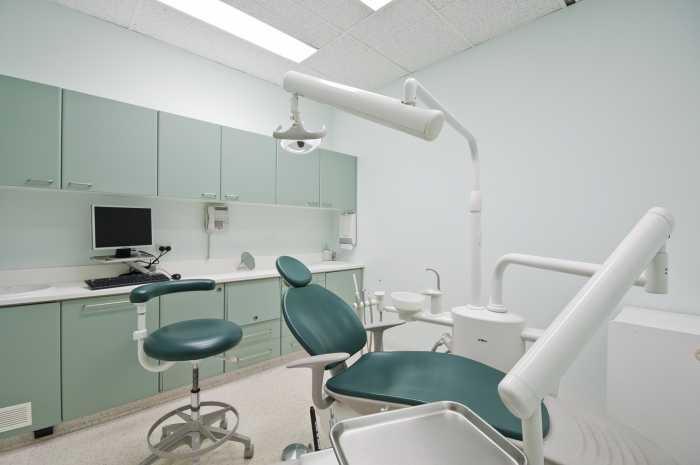Going to the dentist isn’t a pleasant experience. This is essentially the case for everyone, but for some people, the minor discomfort of an exam or a filling is transformed into absolute terror. Formally known as dental phobia, such fear is unusually common compared to other phobias, and it can cause people to miss out on critical care.

If you’re one of the millions of Americans who experiences too much anxiety to go to the dentist, you’re not alone – and you don’t have to avoid treatment any longer. These 5 strategies can help you control your dental anxiety and prevent serious oral health problems in the future.
Find Your Fear Factor
In order to manage your dental anxiety, it’s important to recognize the root of the problem. What, exactly, are you afraid of? The most common reasons that people cite for dental phobia include fear of pain, anxiety over the loss of control, concern about the anesthetic side effects, and embarrassment and stress over having someone in their personal space. Others experience intense anxiety because of prior negative experiences, particularly in childhood, but whatever the cause, you need to understand the source of your anxiety to treat it.
Screen Your Dentist
People with dental anxiety can’t just walk into any practice and sit down to receive care – at least not if they want to have a positive experience. Rather, you need to take some time to screen dental providers. Find out what services the dentist offers and ask about their qualifications. Some dentists even specialize in treating those with a history of dental anxiety, and will happily walk you through your care.
Consider Sedation
For those just getting a handle on their dental anxiety, finding the right dentist can help, but it may not be enough. If that sounds like you, you may want to consider a provider who offers sedation dentistry.
Dental sedation comes in several forms, including IV sedation, conscious sedation administered through a pill, and laughing gas. Though dental sedation may also be used for particularly invasive procedures like wisdom tooth extractions, many people with serious dental anxiety find that by scaling back sedation levels over time, they begin to feel more comfortable in dental settings.
Create A Distraction

Patients with more manageable anxiety may not require intense sedation but can benefit from other distractions when receiving dental care. For example, wearing headphones and listening to your favorite music or a podcast can help you feel grounded. Or you might prefer to hold something in your hands, like a stress ball or other comforting object. Whatever you prefer, the goal is to ground yourself by connecting to a sensory experience outside of the ongoing dental intervention.
Give A Signal
Unlike during other types of medications are, during which it’s easier to observe and participate in the exam, dental exams inherently involve some loss of control – and this is precisely what makes many people anxious. That’s why, even if you never use it, you may find it helpful to have a pause signal, like raising your hand, that you can use to ask your dentist to stop and check-in with you. Maybe you just need a moment to breathe without tools and hands in your mouth, or you need them to go over what they’re doing. Since it’s so hard to communicate during a dental exam, a simple signal can go a long way in helping you regain control and feel calmer.

There’s no one strategy that will cure dental anxiety in all patients – but that’s not the goal. Rather, by trying different tools, you should be able to minimize the fear so that you can get the care that you need.










